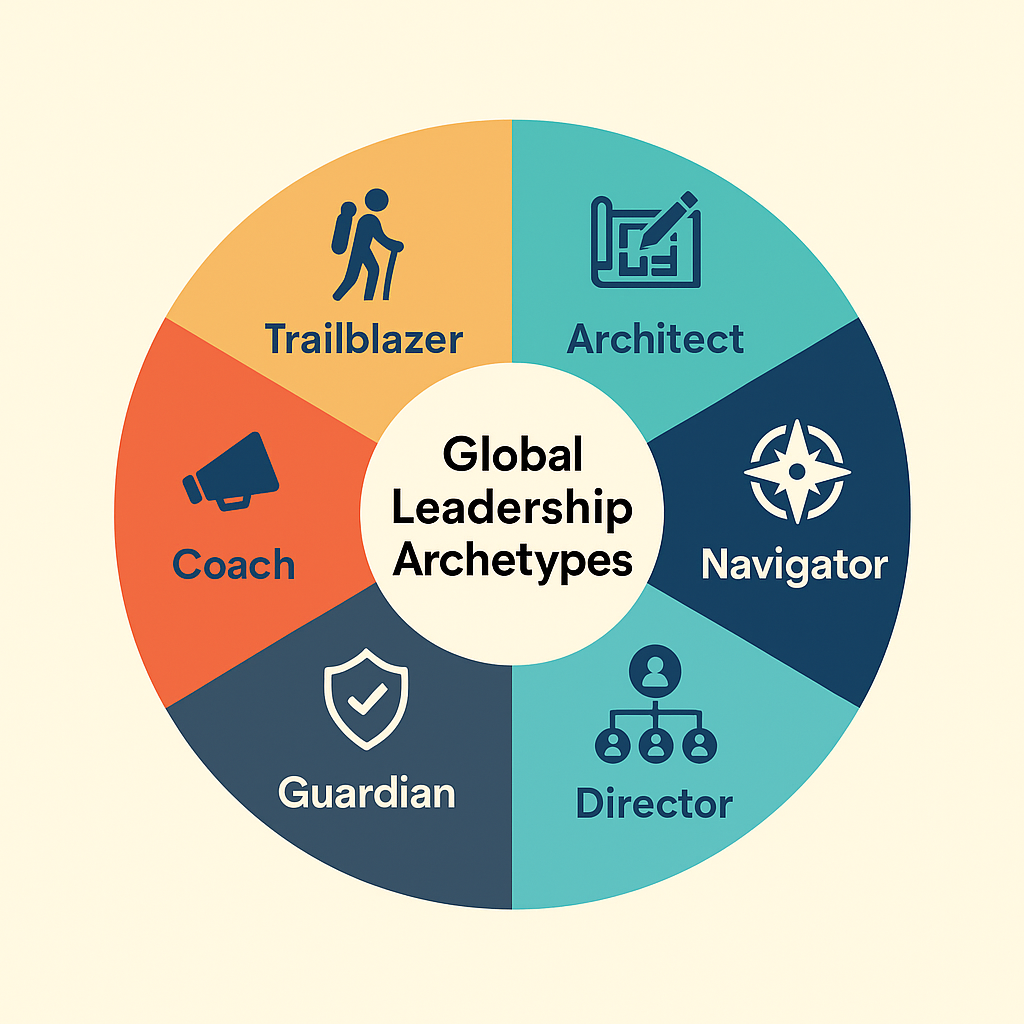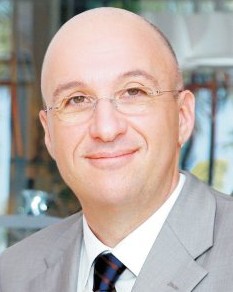–An Interview with Guido Gianasso, Vice President of Human Capital at IATA
The International Air Transport Association (IATA) was founded in 1945 as a way to ensure that airlines and governments would work together to guarantee safe and efficient air travel. Today, IATA’s membership totals 230 airlines from 120 countries carrying more than 2 billion passengers annually and 35.2 tons of goods. It’s believed to be one of the most important organizations supporting today’s global economy.
But ten years ago, IATA was quickly becoming irrelevant. They were losing money and it took several days after 9/11 before IATA offered any response to the crisis. Just months later, Mr. Guido Gianasso was asked by the newly appointed CEO to come to IATA to help him in transforming the organization inside out. We recently interviewed Mr. Gianasso to learn about the change process he’s led internally at IATA as vice president of human capital.
Describe IATA’s staff when you arrived 10 years ago compared to today.
Despite the international breadth of IATA’s staff and work, the corporate ethos I inherited was led and dominated by European and North American men. We knew we had to better reflect the fast growing markets in other parts of the world. Today, our personnel represent more than 140 different nationalities. We have men and women leading with us in 74 different countries. We just appointed a Singaporean woman as a director outside of Asia. That never would have happened 10 years ago.
What kinds of challenges do you face in leading your staff to work across so many different countries?
We’ve faced the same kinds of global challenges as many other multinational organizations: How do we operate in global markets that we don’t fully understand? Where do we find leaders able to grow the business locally, communicate with headquarters and manage local teams effectively while implementing global processes, initiatives and strategies? The traditional solution to these problems has been to send out experts from corporate headquarters (usually Western ex-pats) to set up and manage branch offices around the world.
But you decided to use a different approach. Tell us about the leadership development program you created to meet the needs of IATA globally.
We developed a program we call I-Lead. Each year, our top management selects twenty high-potential individuals from our workforce to be in a six-month program focused upon developing their global leadership and cultural intelligence. Half the group is from traditional markets like Western Europe and North America and the other half is from emerging markets like China, Nigeria, and India.
What does this six-month program look like?
At the beginning of the program we bring the 20 I-Lead participants together for a week in one of our emerging markets. We pair each of them up to co-lead a team of junior, high-potential employees and for the next six months, they work together on a real-life business project that is relevant to IATA. So every year we have ten teams being co-led by one Western and one non-Western leader. They work extensively on a set of deliverables in addition to their regular job responsibilities. At the end of the six-month period, the teams present their project results and cross-cultural lessons learned to IATA’s top executive team.
And what are the results?
This has been one of our most profitable leadership development programs. From a business perspective, the projects developed by the teams have been some of our most profitable initiatives. And the program is improving our leaders cultural intelligence. We recently completed an empirical study on the more than 200 participants who have been through this program and found that the program significantly improved their CQ in all four areas (Drive, Knowledge, Strategy, and Action).
The I-Lead program has helped us build bridges across different cultures and has played a direct role in the growth of our business in emerging markets. As a result, we’re developing global leaders from within and simultaneously improving our effectiveness in effective cross-border management.
IATA’s successful use of CQ assessments and training along with other CQ success stories is featured in the new book, THE CULTURAL INTELLIGENCE DIFFERENCE, releasing this next month in bookstores everywhere.




